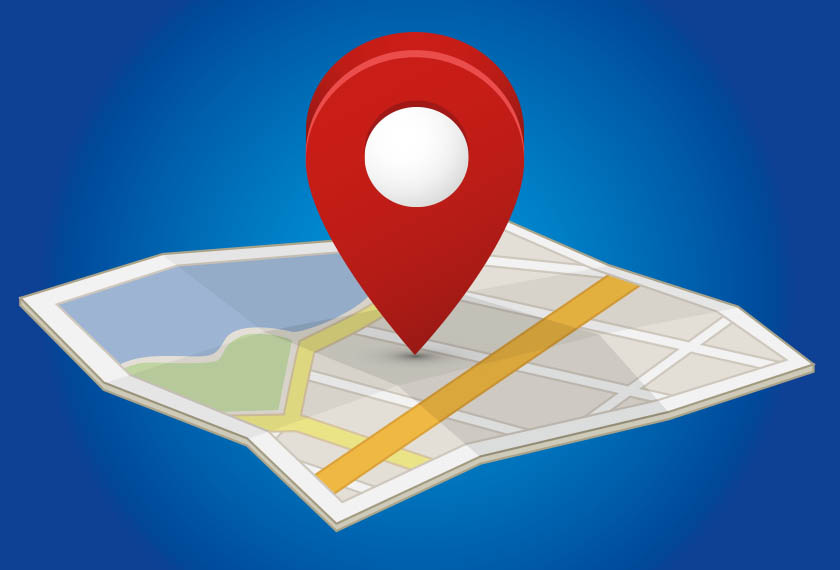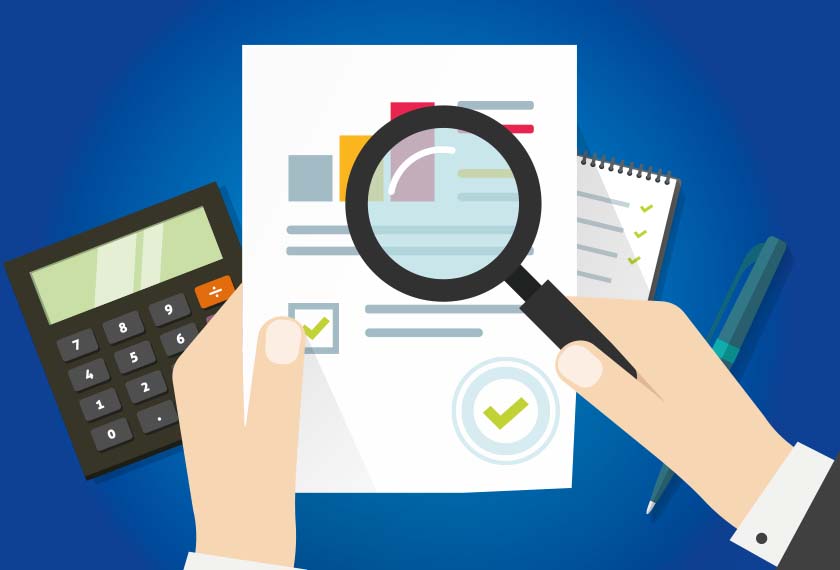Financial and budget planning
Page updated on: 09/08/2023
Once the event is deemed and before proceeding further, a more detailed financial analysis should be conducted requiring identification of costs, revenue streams and careful consideration of cash flow throughout the planning cycle.
The stages are as follows:
- Identify and quantify all anticipated revenues
- Identify and quantify all anticipated costs
- Budgeting and cash flow forecast
- Establish the financial outcome
If viable, proceed with detailed planning. If not viable, review the Event Definition and make appropriate changes and re-calculate the revenues and costs.
The revenue streams or sources of income very much depend on the event nature and intended aims for its staging but broadly speaking income can come from one or all the following sources:
- Reserves from previous events
- Tickets/entry fees / registration fees
- Grants and subsidies
- Loans
- Donations
- Sale of advertising sites (e.g. venue, programme, menu, etc)
- Merchandising
- Food and beverage sales
- Sponsorship
- Retail pitches
- Raffles, auctions, and other event fundraising
- Commercial rights (e.g. pouring rights)
- Commissions (e.g. merchandise, venue bar, retailers)
- Television fees
- Benefits in kind (e.g. donated product, prizes, free advertising)
Whilst it is relatively easy to identify different sources of revenue, estimating the potential revenue generated by each source is more difficult. Whilst organisers may wish to present an optimistic picture to various stakeholders, you should be as realistic as possible with potential revenue predictions. Forecasting potential revenues should be based on solid research such as past event data (ticket sales and revenues from other areas), market research to determine likely demand and should also consider the notion of per capita spends (e.g. average amount each individual will spend on things such as food and drink and other areas of expenditure)
In addition to the amount of money to be generated through each source, it is also essential to consider the timing of money coming through each source (see further details below on cash flow).
Central to the revenue of many events is the ticket income, which is determined by the number of tickets sold at set rates. To maximise uptake and achievement of event objectives, tickets must be priced sensitively considering levels of competition, customer characteristics and ability to pay, product quality and characteristics. Pricing event tickets is complex and decisions surrounding ticket pricing should be carefully considered and researched.
Another ticketing consideration is that of ticket structures i.e. the extent to which tickets are priced differently for different groups of people or elements of the event which they wish to engage in. Structures could include: Single admission price; different admission prices based on age, time, group composition/size; multi-visit tickets or season tickets; free admission with charges for specific attractions or extras (parking, reserved seats, programs) admission price plus charges for specific attractions.
Once prices and structure are established you then need to consider how tickets will be made available to the audience in terms of box office arrangements. Local shops and facilities are suitable as are one of the many online sites.
As with revenue streams, costs will vary from event to event and it is essential that you identify all areas of expenditure as early as possible in the planning process and then seek quotes from at least three different suppliers to quantify required levels of spending and the timing of cash flow. Common areas of expenditure include:
- Event marketing costs – designing, printing, advertising
- Venue rental – check for extras
- Furniture rental
- Staff costs (and associated expenses e.g. insurance, uniforms, PPE, catering)
- Security costs
- Licensing fees
- Insurance – seek advice from a specialist event insurer
- Infrastructure – stages, fencing, barriers, toilets, track way
- Waste management and recycling
- Sound and lighting equipment
- Product costs (e.g. at a catering event)
- Hotel and travel costs (planning period and event days)
- Artist / participant costs
- Prizes / prize money
Careful selection of the venue could mean that many of the above costs are covered by the venue rental fee, although if the event is outdoors, then most of the above will require consideration.
In terms of increasing the economic benefit to the local community, consider local suppliers wherever possible. This can also give your event a more distinctive, unique, and authentic feel.
Sustainability is another key consideration when sourcing suppliers, for example when selecting venues and caterers you should ask about their ethical sourcing policy. In addition, consider restrictions on the use of non-recyclable or non-compostable materials. This will not only improve your environmental credentials, it could also cut your waste bill.
Once you have a clear idea of what needs to be paid out to different suppliers and the timing of payments, you will need to balance this against the revenue coming into the event through aspects such as sponsorship, grants, existing funds, loans. A cash flow forecast is one means of clearly calculating on a month by month and week by week basis how much money will be coming in and out of your events account, leading to a clear picture of finances throughout the planning process.
Timing of cash flow is essential to prevent issues of financial liquidity i.e. running out of funds during the planning process. For most events, there is a significant amount of expenditure required in advance of the event, whilst much of the revenue will come in much closer to the event itself. Also note that ticket revenues should not be used to fund expenses prior to the event to allow for potential refunds in case the event is cancelled. Many online ticket agencies will also not allow you to have access to the ticket money until after the event has been staged.
Depending on the nature and potential impacts of the event being hosted, different sources of grants and funding may be available to you. One source of potential funding for larger events is the Welsh Government Major Events Unit.









